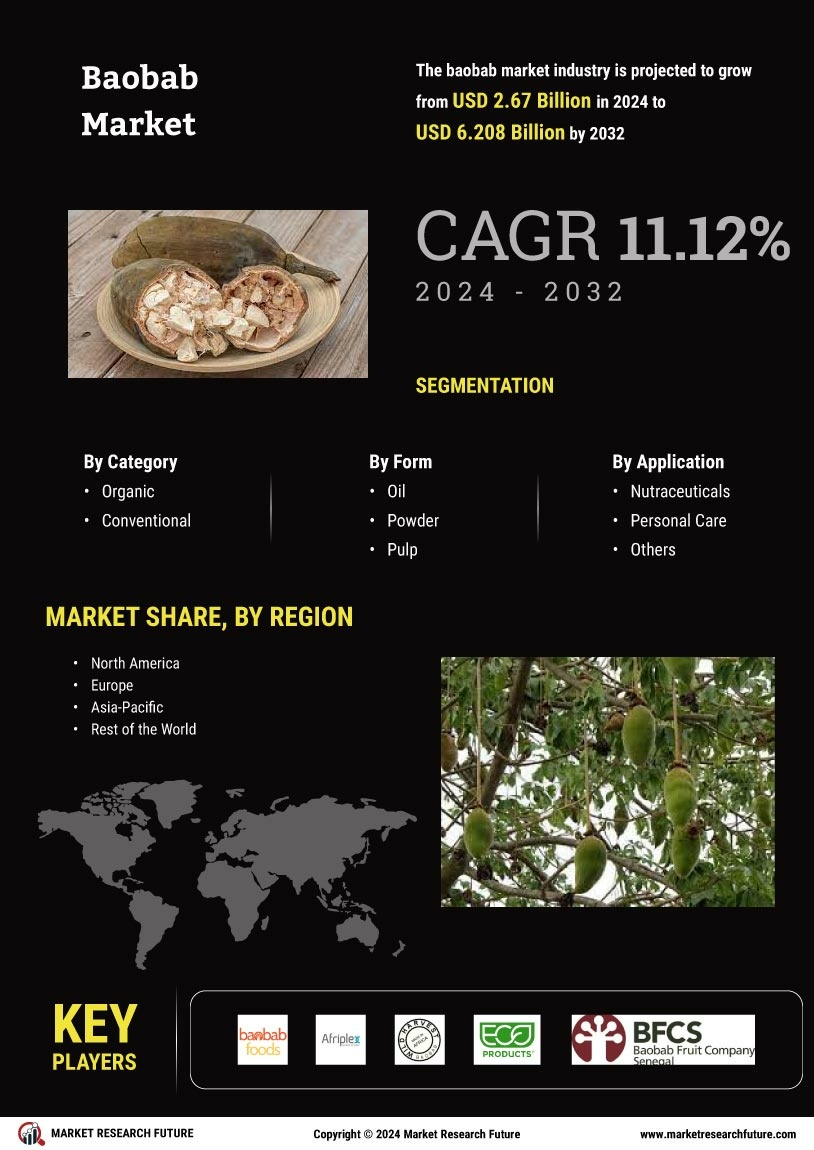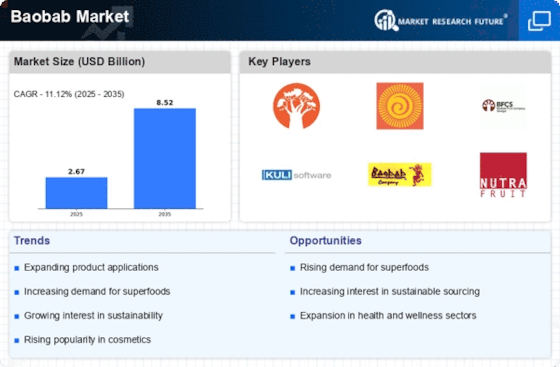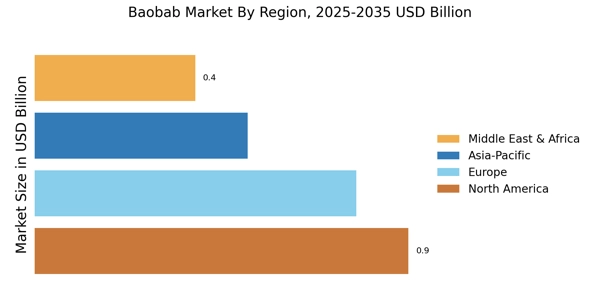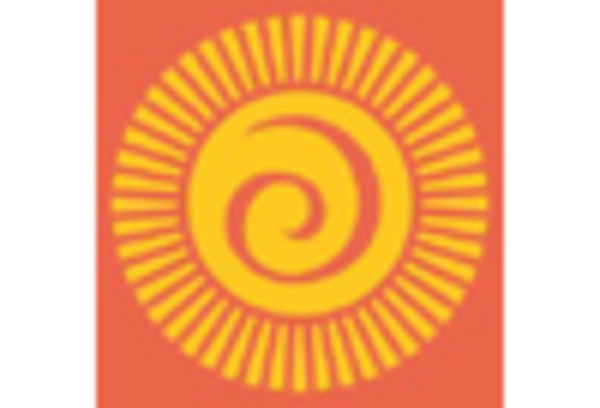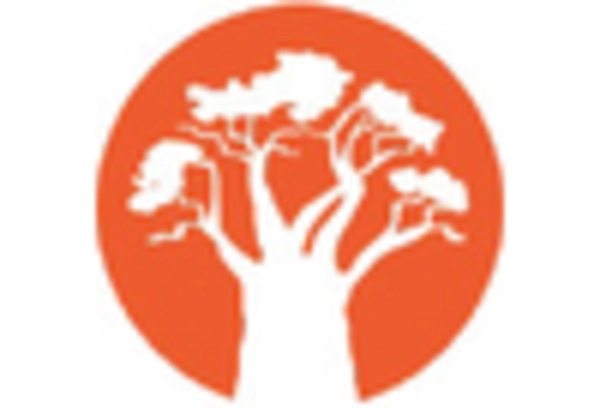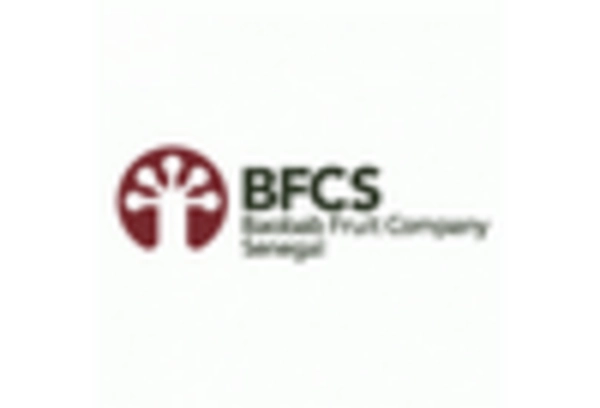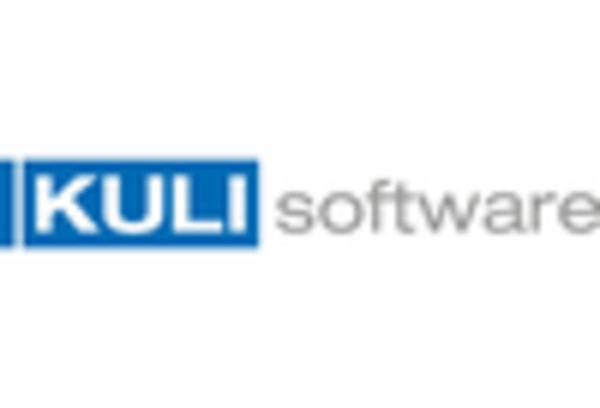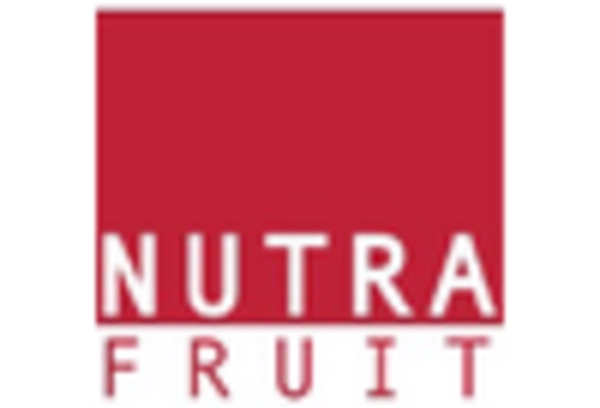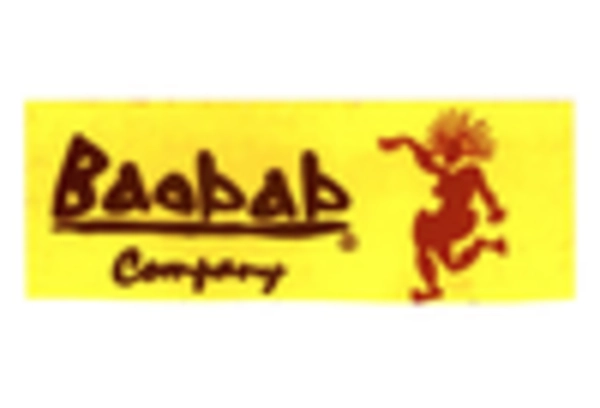Nutritional Benefits of Baobab
The baobab Market is experiencing a surge in demand due to the nutritional benefits associated with baobab fruit. Rich in vitamin C, fiber, and antioxidants, baobab is increasingly recognized for its health-promoting properties. Recent studies indicate that baobab fruit pulp contains up to six times more vitamin C than oranges, making it a potent source of this essential nutrient. As consumers become more health-conscious, the appeal of baobab as a superfood is likely to drive market growth. The increasing incorporation of baobab in dietary supplements and functional foods further underscores its potential in the Baobab Market, as manufacturers seek to capitalize on its health benefits.
Increased Awareness and Education
The Baobab Market is benefiting from increased awareness and education regarding the fruit's health benefits and culinary uses. As more information becomes available through social media, health blogs, and culinary shows, consumers are becoming more informed about baobab. This heightened awareness is likely to drive demand, as consumers seek to incorporate baobab into their diets. Additionally, educational initiatives by brands and organizations are helping to promote baobab as a superfood, further solidifying its position in the market. The ongoing efforts to educate consumers about the benefits of baobab are expected to play a crucial role in the growth trajectory of the Baobab Market.
Expansion of Baobab-Based Products
The Baobab Market is expanding rapidly, driven by the introduction of innovative baobab-based products. From beverages to snacks and beauty products, the versatility of baobab is being harnessed across various sectors. Market analysis indicates that the beverage segment, particularly smoothies and health drinks, is experiencing significant growth, with baobab being a popular ingredient due to its unique flavor and health benefits. This diversification of product offerings is likely to attract a broader consumer base, thereby enhancing the overall growth of the Baobab Market. As more brands explore the potential of baobab, the market is expected to witness a proliferation of new and exciting products.
Sustainable Agricultural Practices
Sustainability is becoming a cornerstone of the Baobab Market, as consumers and businesses alike prioritize environmentally friendly practices. Baobab Market trees are often grown in arid regions, requiring minimal water and contributing to soil health. This aligns with the increasing consumer demand for sustainably sourced products. Furthermore, the cultivation of baobab supports local economies and promotes biodiversity, which is appealing to ethically-minded consumers. As sustainability becomes a key purchasing criterion, the Baobab Market is likely to benefit from the growing emphasis on sustainable agricultural practices, potentially leading to increased market share and consumer loyalty.
Growing Demand for Natural Ingredients
The Baobab Market is witnessing a notable shift towards natural and organic ingredients in food and cosmetics. As consumers become more aware of the potential health risks associated with synthetic additives, the demand for natural alternatives is on the rise. Baobab Market, with its clean label appeal, fits perfectly into this trend. Market data suggests that the natural food segment is projected to grow significantly, with baobab being a key player due to its versatility and health benefits. This growing preference for natural ingredients is likely to bolster the Baobab Market, as brands increasingly incorporate baobab into their product lines to meet consumer expectations.
